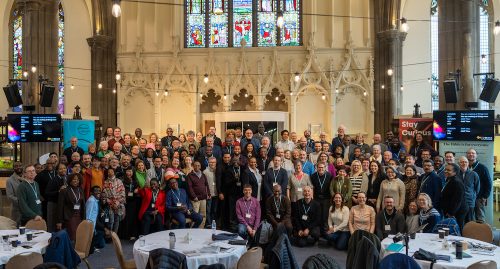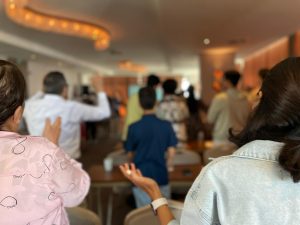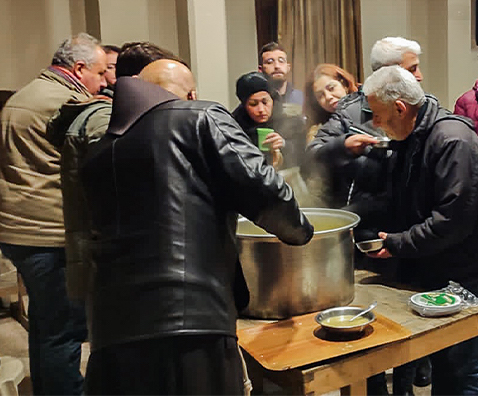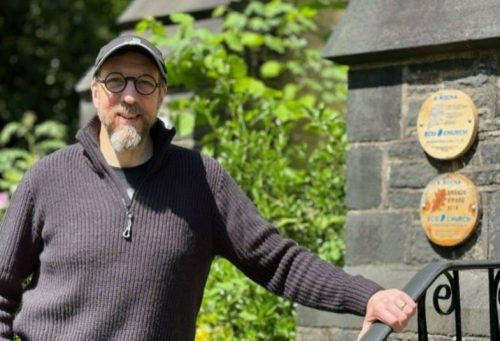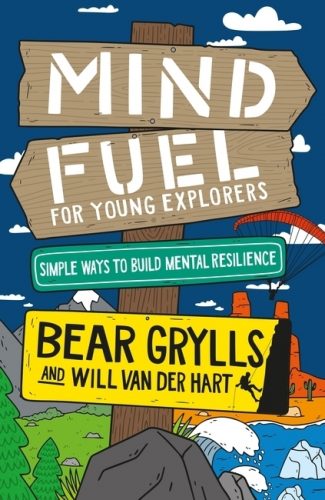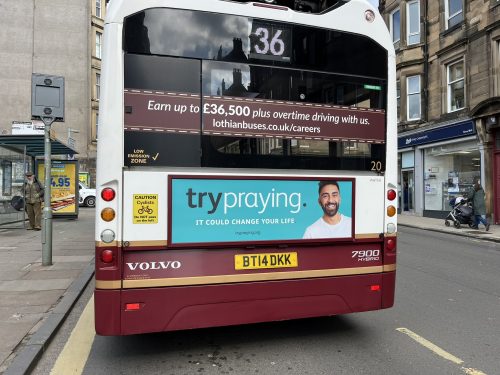The global figures are shocking: 75% of those who are blind, don’t need to be.
Zimbabwe has one of the highest rates of blindness in the world, resulting in innumerable adults being unable to work or live independently. CBM, the UK’s leading Christian charity transforming the lives of people with disabilities, their families and communities in the poorest places in the world, is reporting extraordinary results from their Light Up Lives campaign in Zimbabwe’s Midlands Province, just halfway through the project.
By the end of the 3-year project CBM aim to have helped more than 44,000 people with eye health problems.
CBM supporters donated an amazing £1.2m to this campaign, and every eligible pound was then matched by the UK government through their UK Aid Match scheme.
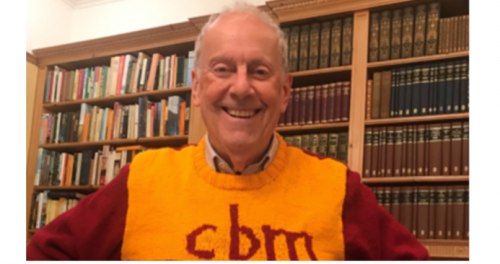 Celebrity Gyles Brandreth, a practising Christian, renowned author and famous from Good Morning Britain, The One Show, Just A Minute, and currently starring on ITV’s This Morning, is encouraging the public to support CBM’s sight-saving work www.cbmuk.org.uk/donate:
Celebrity Gyles Brandreth, a practising Christian, renowned author and famous from Good Morning Britain, The One Show, Just A Minute, and currently starring on ITV’s This Morning, is encouraging the public to support CBM’s sight-saving work www.cbmuk.org.uk/donate:
He says: “My wife and I have passionately supported CBM‘s sight-saving work for over 20 years because we believe that no one should face a lifetime of blindness just because their family is poor. People are living needlessly blind with cataracts, when simple surgery could restore their sight – if only their families could afford it. Supporting CBM means that more people can have their sight restored and live a life full of opportunity.”
Many people in the Midlands province in Zimbabwe cannot access the eye health services they need which leads to avoidable blindness. The area has a population of 1,614,941 and is served by just two ophthalmologists and 22 ophthalmic nurses.
Eye health services are often hard to reach, and the distance involved coupled with high transport costs make eye health services unaffordable and inaccessible to vulnerable groups such as older people and people with disabilities.
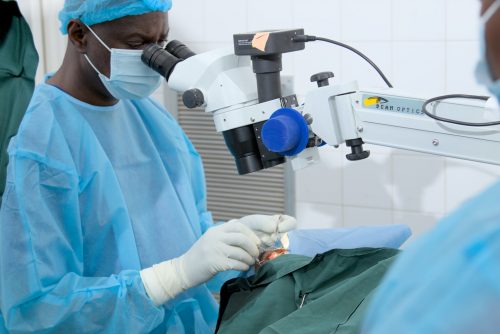
As a result of money raised, the number of people living needlessly blind in Zimbabwe is being significantly reduced. The country has a desperate shortage of trained eye health workers so CBM is also using funds to train them up. More than 1,000 eye health workers have already been trained up, who are now identifying adults with eye health problems, and referring them for treatment.
Hospitals are also ill equipped, so money raised has also been invested to improve hospital infrastructures across all eight of the district hospitals in the Midlands Province, including providing essential new equipment and glasses to support people with low vision so they can go to school, earn a living and be active in their communities.
Nearly 1,000 cataract surgeries have already been delivered in the hospitals, including at outreach camps, to reduce the distances patients living in rural areas need to travel, helping them access treatment before sight is totally lost. CBM is also partnering with local organisations to strengthen eye health systems to ensure maximum long-term benefit.
You can support this inspirational work at www.cbmuk.org.uk/donate


